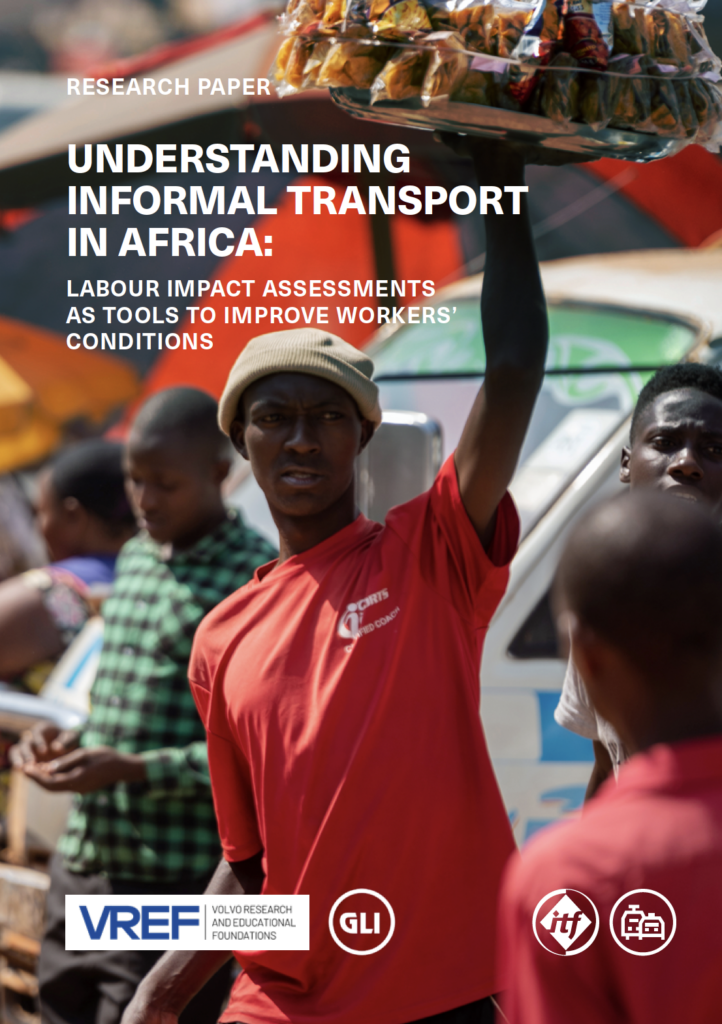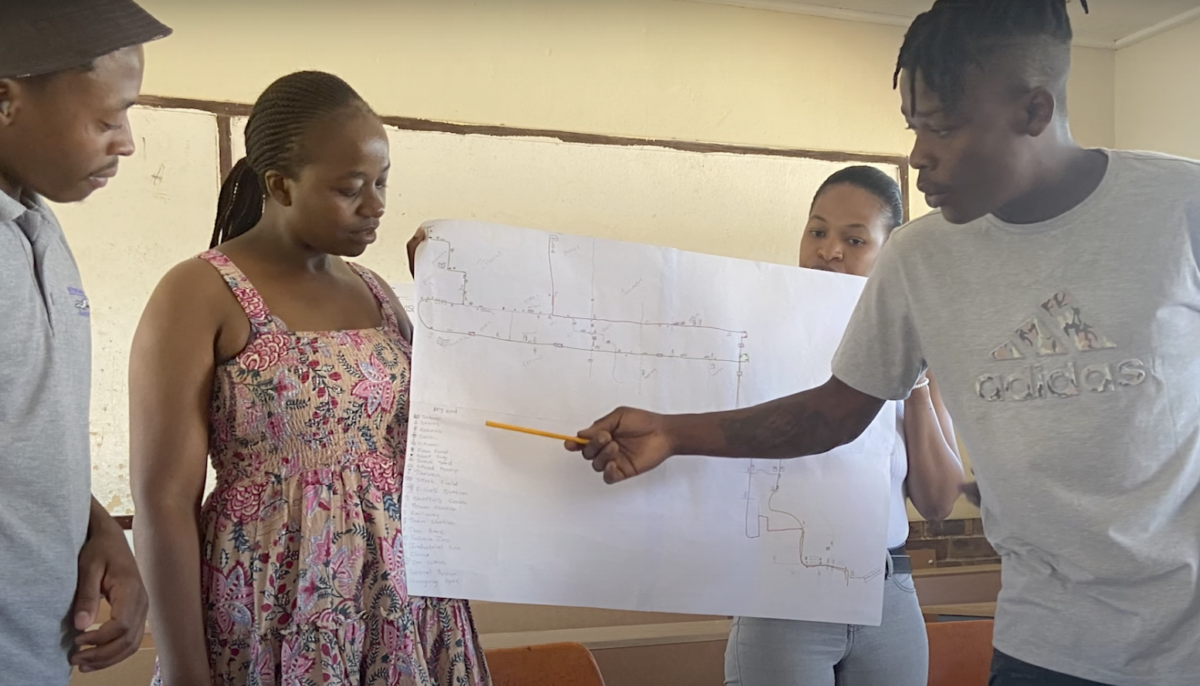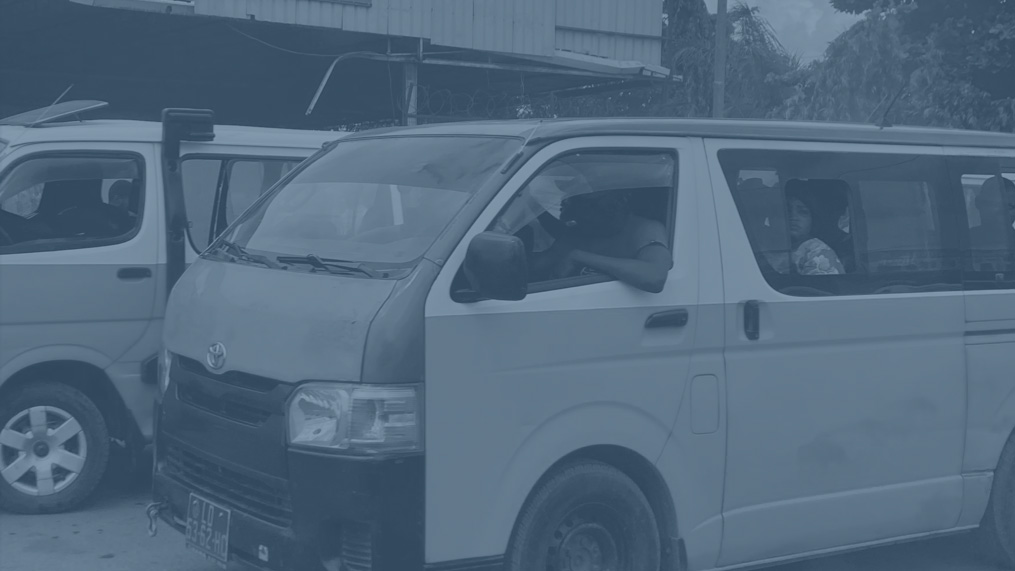Unlocking Better Work Conditions in the Informal Transport Sector Through Labour Impact Assessments – Catch Up with Recording from Our Research Forum
Welcome to catch up with this recording from a VREF Research Forum held 12 February 2025, focusing on services and workers’ conditions in informal transport. The Forum introduced a new research paper exploring the potential of labour impact assessments as a means to enhance workers’ conditions in Africa’s informal transport sector – and provided an








